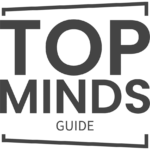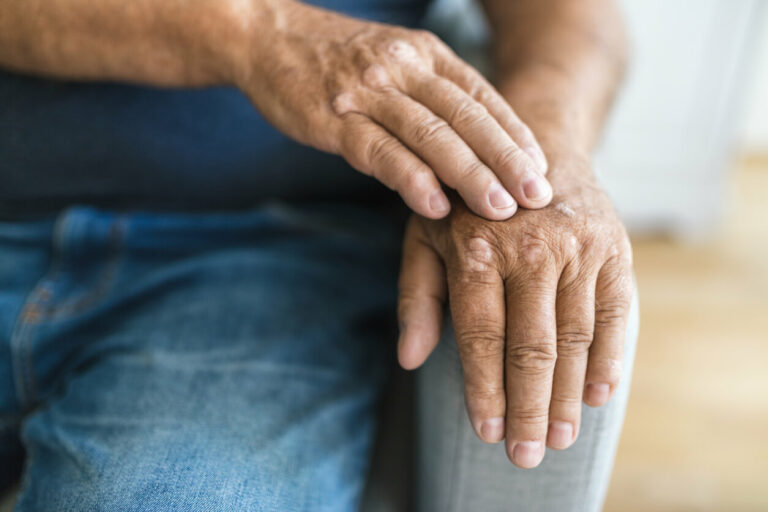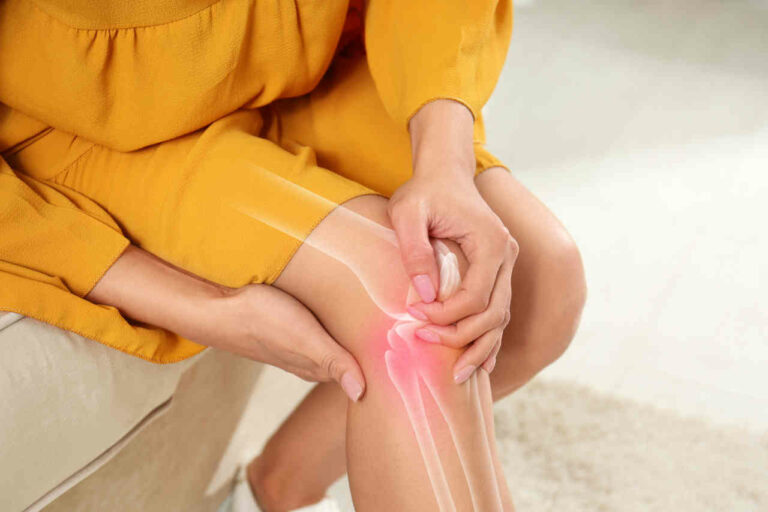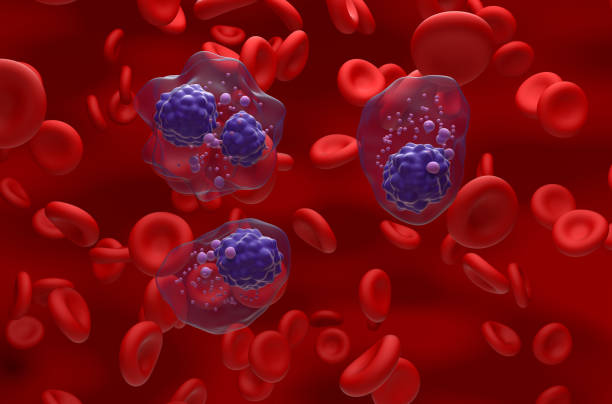Hair Loss: Understanding Causes, Treatments, and Managing Self-Perception
Hair loss, a condition affecting millions worldwide, can significantly impact an individual’s self-esteem and quality of life. While commonly associated with aging, hair loss can occur for various reasons at any age. This comprehensive guide delves into the causes, treatments, and psychological impacts of hair loss, offering insights for those experiencing this challenging condition.
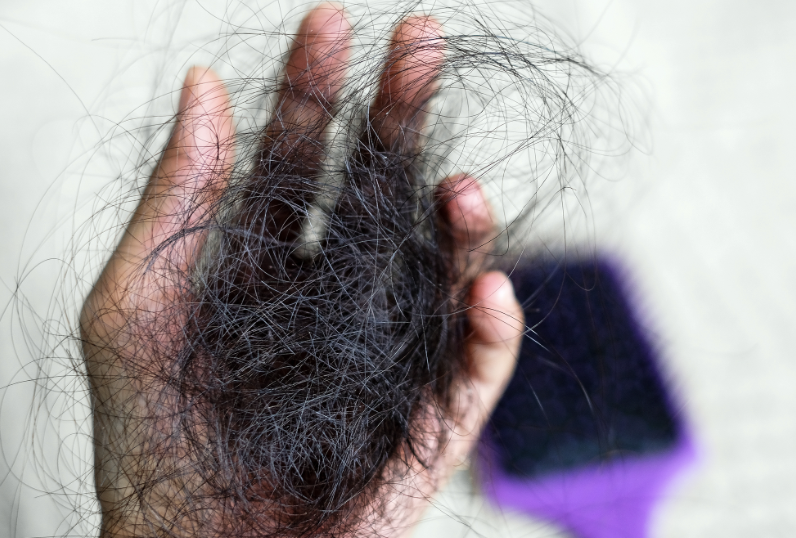
Understanding Hair Loss
Hair loss, or alopecia, refers to a decrease in the amount of hair on the scalp and can range from thinning hair to complete baldness. It can be gradual or sudden and affects both men and women.
Common Causes of Hair Loss
- Genetics: Hereditary-pattern baldness is the most common cause of hair loss.
- Hormonal Changes: Conditions like pregnancy, menopause, or thyroid problems can trigger hair loss.
- Medical Conditions: Scalp infections, alopecia areata, and diseases like lupus and diabetes.
- Medications and Supplements: Certain drugs used for cancer, arthritis, depression, and heart problems.
- Stressful Events: Significant stress can lead to temporary hair loss.
- Hairstyles and Treatments: Excessive hairstyling or treatments that pull the hair tight can cause hair loss.
Types of Hair Loss
- Androgenetic Alopecia: A genetic condition that causes hair thinning or baldness, typically following a pattern.
- Alopecia Areata: An autoimmune disorder that causes sudden hair loss in patches.
- Telogen Effluvium: Temporary hair loss due to a change in the number of hair follicles growing hair.
- Anagen Effluvium: Hair loss during the anagen phase of the hair cycle, often due to chemotherapy.
Diagnosing Hair Loss
Diagnosis involves a thorough examination of the hair and scalp, medical history review, and sometimes blood tests or a scalp biopsy. Understanding the underlying cause is crucial for effective treatment.
Treatment Options for Hair Loss
- Medications: Minoxidil and Finasteride are the most common drugs for treating hair loss, particularly in cases of androgenetic alopecia.
- Hair Transplant Surgery: Involves moving hair from a part of the scalp with ample hair to the thinning or balding areas.
- Laser Therapy: Low-level laser devices may promote hair growth for some individuals.
- Lifestyle Changes: Healthy diet, stress management, and avoiding harsh hair treatments can improve hair health.
Emerging Treatments and Research
Recent advancements in hair loss treatment include stem cell therapy, platelet-rich plasma (PRP) injections, and new pharmacological formulations. Ongoing research continues to provide a deeper understanding of hair growth mechanisms and potential therapies.
Psychological Impacts of Hair Loss
Hair loss can lead to diminished self-esteem and self-image, anxiety, and in some cases, depression. Addressing the psychological aspect is as important as treating the physical condition.
Coping Strategies
- Seeking Support: Talking to a counselor or joining a support group can be beneficial.
- Exploring Hair Replacement Options: Wigs, hairpieces, or stylish headwear can offer aesthetic solutions and boost confidence.
- Focusing on Other Aspects of Personal Appearance: Investing time in other aspects of personal grooming and fitness can help improve self-perception.
Lifestyle and Natural Remedies
Some individuals find benefit in natural remedies and lifestyle changes, though their effectiveness can vary. These include nutritional supplements, herbal remedies, and scalp massages to stimulate hair growth.
Myths and Misconceptions About Hair Loss
Dispelling common myths, such as the idea that frequent shampooing or wearing hats causes hair loss, is important for understanding and effectively treating the condition.
Hair Loss in Women
Hair loss in women, often more diffuse than in men, can have a significant emotional impact. Treatments might differ, and understanding the unique aspects of female hair loss is important for effective management.
Conclusion
Hair loss is a multifaceted condition that requires a comprehensive approach to treatment and management. While advancements in medical treatments continue to offer hope, addressing the psychological impacts is equally important. Understanding the causes, exploring various treatment options, and adopting a holistic approach to care can help individuals navigate the challenges of hair loss and improve their overall well-being.
